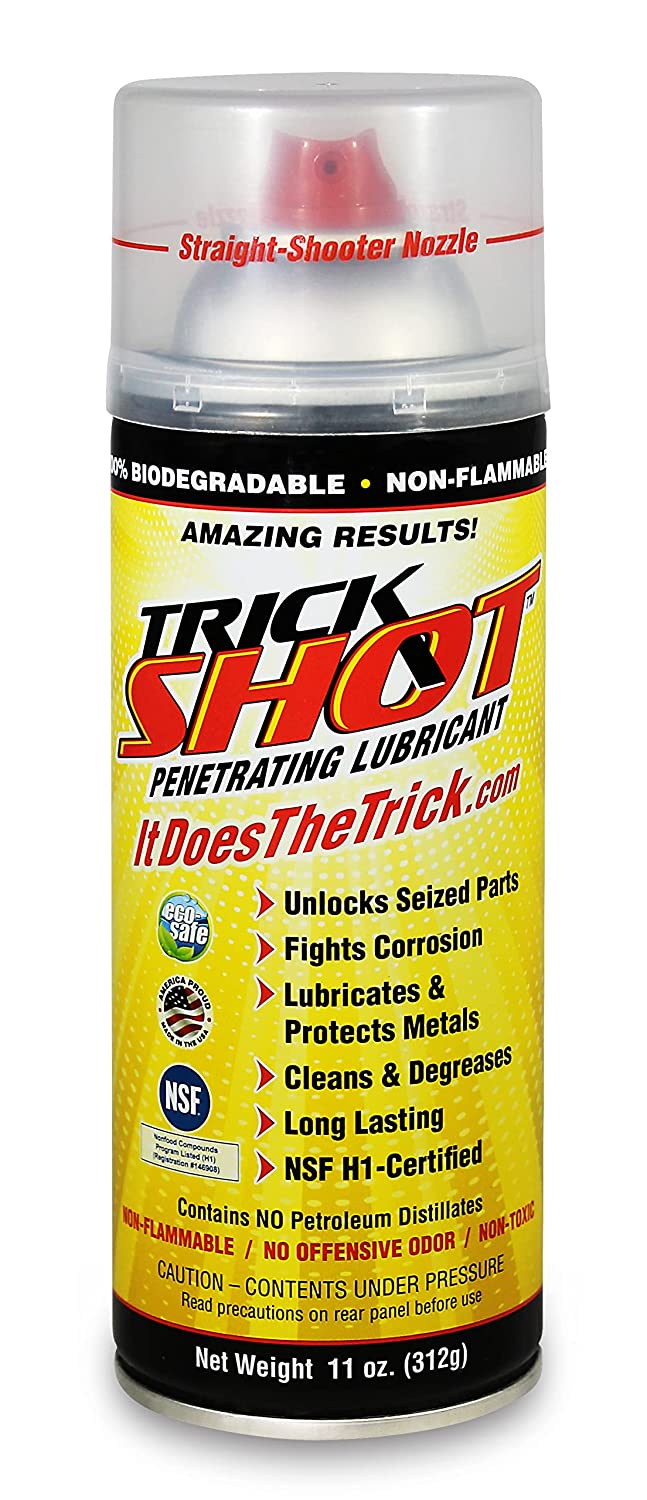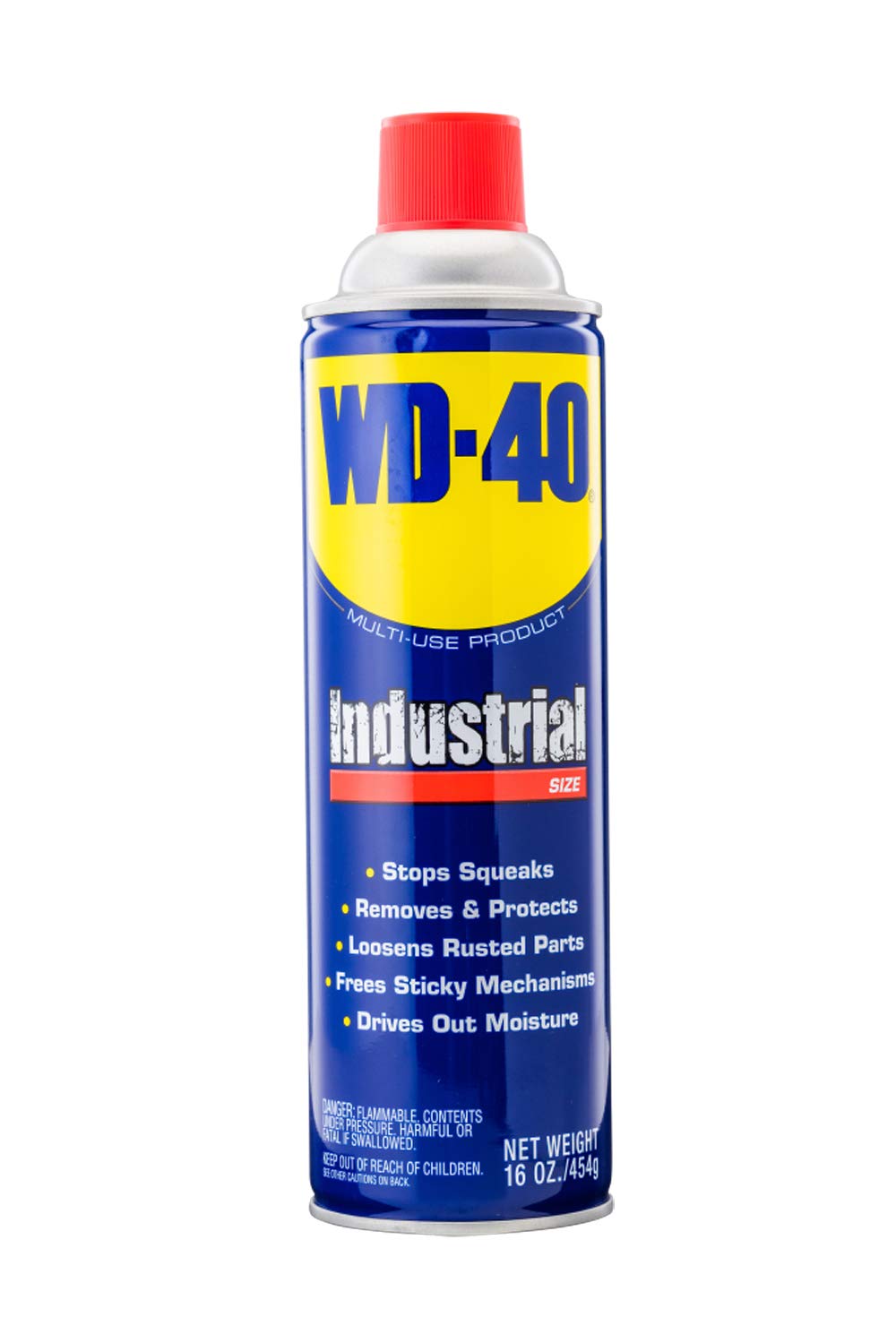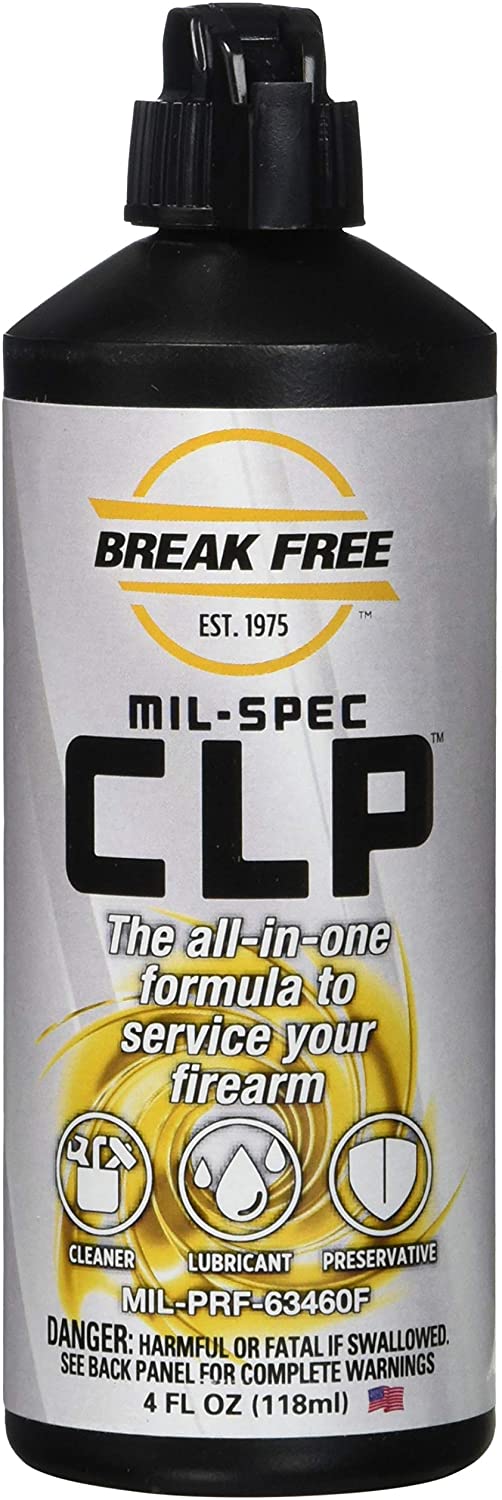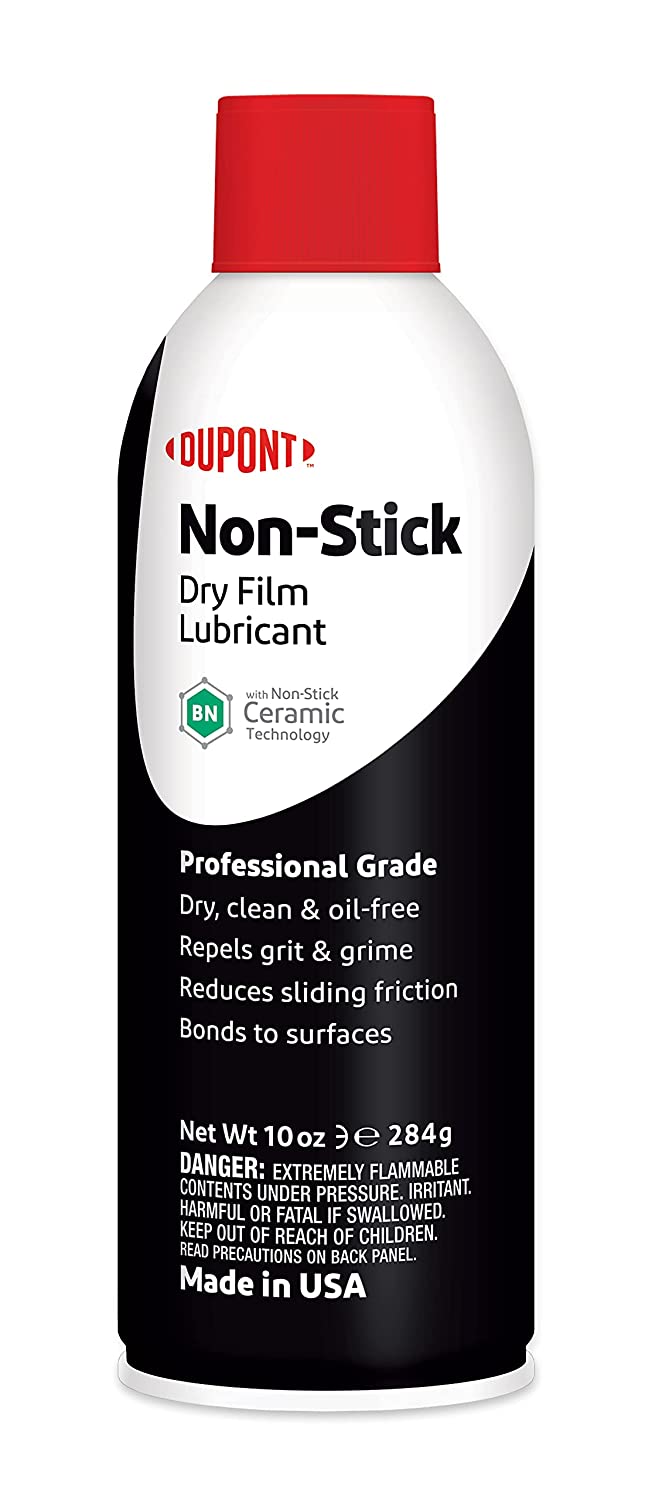Last Boks Plastic Truck Bed Organizer Box Auto Cargo Management
Last updated: June 16, 2022
A low evaporation rate gives this industrial lubricant more versatile than some other options. The formula includes a rust inhibitor, as well as protection for the metal surfaces it coats. Those concerned about chemicals might prefer this formula, as its built to be nontoxic and eco-friendly.
We looked at the top Industrial Lubricants and dug through the reviews from some of the most popular review sites. Through this analysis, we've determined the best Industrial Lubricant you should buy.
Product Details
Key Takeaway: This lubricant is specially formulated to be nonflammable and nontoxic for a great everyday option.
In our analysis of 15 expert reviews, the Trick Shot Eco-Friendly Low Evaporation Industrial Lubricant placed 2nd when we looked at the top 6 products in the category. For the full ranking, see below.From The Manufacturer
ECO FRIENDLY LUBRICANT: “Go Green” Remove harmful chemicals from the environment, and your workplace. Use Trick Shot’s non-toxic, eco friendly, Pet Friendly, and non flammable formula as a lubricant, penetrant, and solvent for countless industrial uses. INDUSTRIAL LUBRICANT: Low evaporation rate leads to optimal lubrication with less applications. Reduce friction and wear on all moving parts. Dual performer as a rust inhibitor and metal protectant. Approved as a food-grade lubricant (NSF H-1). PENETRATING OIL FOR RUSTY BOLTS: Automotive penetrating oil that performs as a rust remover, corrosion inhibitor, and penetrant lubricant. Releases surface tension and breaks loose seized parts. Creeps into close tolerance areas and even climbs bolt threads vertically to unfreeze stuck parts. INDUSTRIAL CLEANER: Tar remover, scuff mark remover, adhesive remover, grime remover spray, permanent marker remover, and degreaser spray all in one. Food grade cleaner and degreaser; Kitchen safe cleaner, fryer cleaner, oven degreaser, grill degreaser and non flammable grill spray. MULTI-USE LUBRICANT: Trick Shot’s product versatility has led to success across all industries performing as a food machinery lubricant, stainless cleaner spray, tapping fluid, cutting fluid, release agent, form release spray, asphalt release agent, mold release spray, bike chain lube, contact cleaner, equipment cleaner, welding spray.





